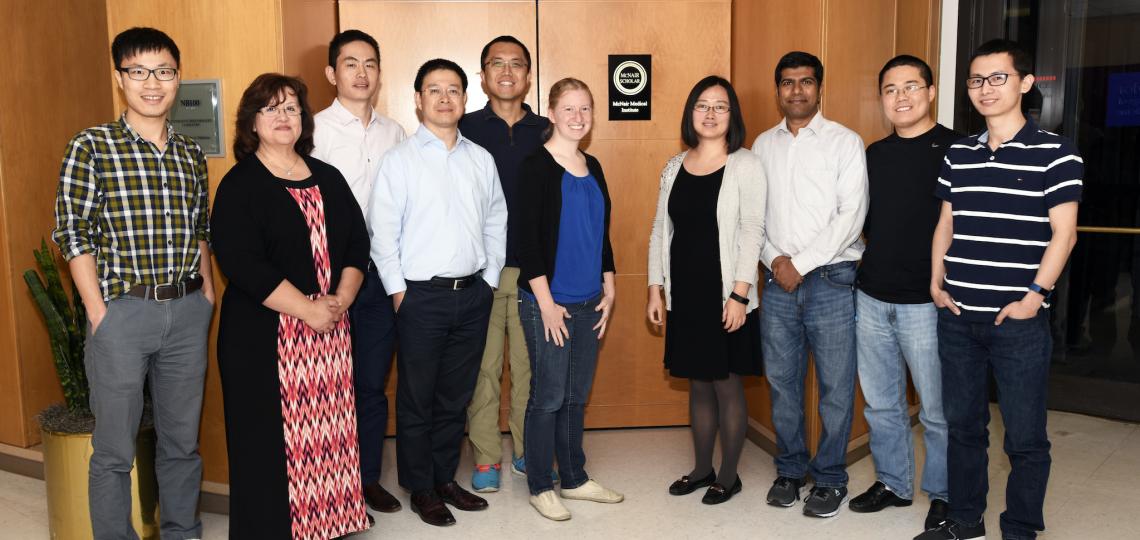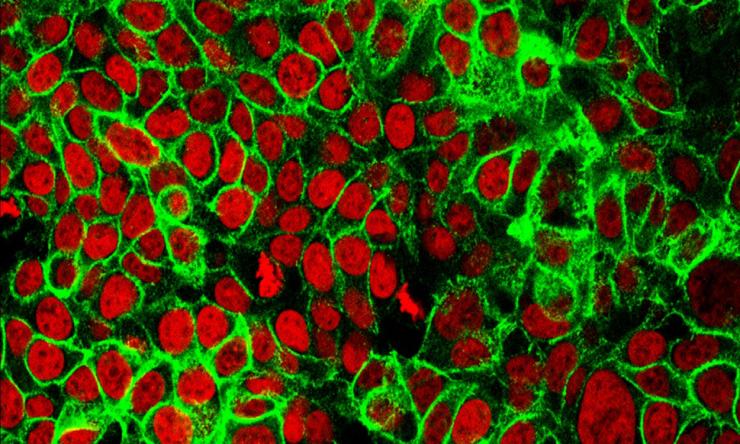
About our Research
Complex diseases, such as cancer, heart disease, stroke, and diabetes, have been the leading causes of death in the United States for the last half century. The underlying molecular mechanisms of these diseases are still poorly understood. Recent advancements in high-throughput sequencing and molecular profiling technologies have provided an unprecedented opportunity for complex disease studies.
Comprehensive characterization of genomic, epigenomic, transcriptomic, proteomic, and metabolomic changes in disease states may eventually help elucidate molecular mechanisms underlying these diseases. Moreover, correlating molecular measurements with clinical characterizations holds great potential for improving disease diagnosis, prognosis, and personalized treatment.
A main obstacle to these advances is our ability to effectively manage, integrate, and interpret the large volume of heterogeneous data. The long-term goal of our research is to develop computational and statistical approaches that help translate multidimensional omics data into biological and clinical insights.
Recent work in my group focus on the following three areas:
- Proteogenomics
- Network medicine
- Democratization of bioinformatics.
A comprehensive view of colon cancer opens new avenues for research
Analyzing both the entire set of genes and all the proteins produced by colon cancer tissues from patient samples has revealed a more comprehensive view of the tumor that points at novel cancer biological mechanisms and possible new therapeutic strategies.








 Credit
Credit
